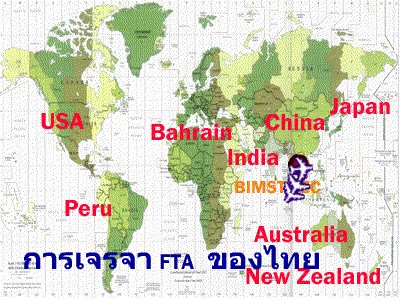
SEATTLE (Reuters) - Microsoft Corp's Windows Vista is starting to see mass adoption from businesses nearly a year after it was released, the company said while predicting a strong first holiday season for the product. "We feel like we are starting to hit our stride not only in demand, but in deployment in business," Kevin Johnson, president of Microsoft's platform and services group, said in an interview.
Microsoft delivered quarterly results last week that eclipsed Wall Street's most bullish forecasts, helped in part by strong demand for Vista, the latest upgrade to its flagship Windows operating system. Vista was introduced in January. Vista's success was not always a foregone conclusion. Early Vista buyers complained about the lack of compatibility with existing devices and software programs.
Microsoft also buckled to PC manufacturer demands that the company delay the scheduled transition to Vista and extend sales of its previous Windows operating system, Windows XP, for another five months because some customers preferred XP.
In a note to clients on Wednesday, Bernstein Research analyst Charles Di Bona said he thinks Vista's upgrade cycle is "underappreciated" and expects growth at the Windows business to be stronger than market expectations.
Di Bona forecasts Windows revenue to grow by 15 percent in this fiscal year ending in June versus Microsoft's own estimate of an increase of 12 percent to 13 percent. Each percentage point of growth represents about $150 million in revenue and roughly $110 million in operating profit, based on previous results.
Windows runs on more than 90 percent of the world's computers and Microsoft makes about 75 cents in profit for every dollar in Windows sales. The Windows client business generated $15 billion in revenue is fiscal 2007.
PREMIUM AND PIRACY
Revenue at the segment, Microsoft's largest and most profitable unit, rose 25 percent in the September quarter, boosted by a PC market growing at around 15 percent.
In addition, improved measures to curb piracy and greater adoption of higher-margin, premium versions of Vista helped push the segment's sales above PC market growth, Johnson said in the interview this week.Microsoft executives have said for years that being able to crack down on pirated versions of its software will help drive significant increases in sales. Chief Executive Steve Ballmer has said that more than 20 percent of its software running around the world is pirated.Vista comes with a new authentication program that sends security updates and improves service to users of genuine copies of Windows. Johnson said the company has made progress in educating consumers to the advantages of buying more expensive, non-pirated versions.As consumers use their computers more for home entertainment, Microsoft has boosted the percentage of higher-end versions of Windows. Premium versions accounted for about 75 percent of all Windows copies in the first quarter, compared to about 59 percent a year earlier, Di Bona said in his report.Microsoft's Johnson said the company should see a pick-up in corporate deployment of Vista after the release of Windows Vista Service Pack 1, the first major update to the new operating system.
A sign of business customers' intent to upgrade was a 27 percent increase in unearned revenue at the Windows business during the past quarter, Johnson said. Unearned, or deferred, revenue reflects long-term contracts on the balance sheet that have been signed but not recognized as income until the product is delivered. In this case, it is when the customers start deploying Windows Vista.





